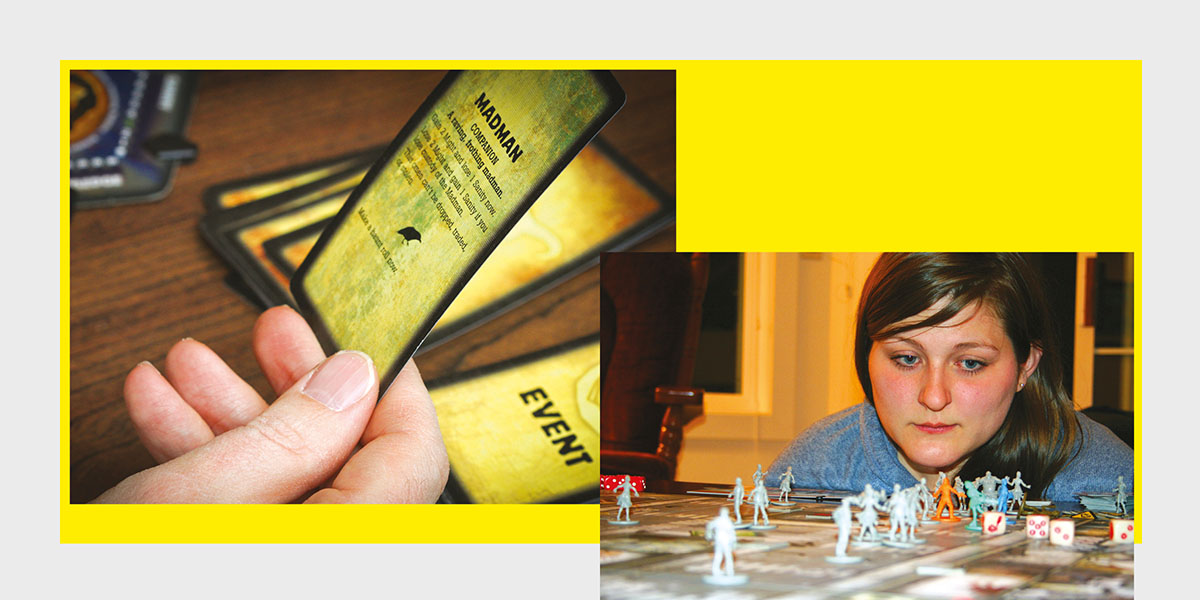As a social recluse at school and self-proclaimed ‘nerd’, I remember being asked why I didn’t do any after-school clubs. Why would I? In the mid-2000s, there was a distinct lack of co-curricular activities for the geeky kids. My options were limited: take up a sport or head home early.
Things have changed. Now, as a secondary school teacher, I am constantly in awe of the co-curricular opportunities available. There has been a real push for them post-Covid, as one potential solution to the constant decline in attendance figures. Chess club, bake-off club and crochet club, to name a few, offer inclusivity outside of the classroom and an incentive to attend school.
Bonus round
In my first few years of teaching, I managed to worm my way into an ‘invite-only’ board games club set up by a colleague for students from low-income backgrounds who struggle with social skills. Of course, it wasn’t marketed like that, and there was a positive rationale behind it. Students were selected to encourage communication through a variety of games. It helped that the group was small. Exclusivity made it purposeful.
I realised that the club targeted the same demographic as kids like me, when I was at school: low income family, socially struggling, not yet participating in any extracurricular activities.
It worked because of the type of games selected. Betrayal at the House on the Hill, Forbidden Desert and Zombicide are all co-operative based strategy games that encourage players to work together and – key word – communicate.
The club encouraged socially shy students to interact, problem solve and support each other. I gradually saw these children come out of their shells and seem more comfortable with their peers.
One parent picking up their child told me how much her son looked forward to the club and commented that she couldn’t afford anything like the games we played. In moments like those, I knew how important the club was.
It also named a major issue within the board games industry: cost. Some games cost over £100, plus more for add-ons. They are clearly marketed to people with more disposable income, which can feel elitist.
Not board at school
I re-established the club when I moved to a new school and kept similar principles – invite-only with a focus on recruiting those with weaker social skills – with a few tweaks. I had noticed that some students struggled to attend alone, and there was ‘over-enthusiastic’ behaviour when too many came along. So, to avoid students feeling ‘singled out’, they are allowed to bring a friend. To keep on top of things, maximum capacity is 20 unless there is another teacher supporting.
I see the same interactions as at the previous club: students wanting to stay after school, getting excited to see friends and working together strategically. (It also gives me an excuse to awaken my inner-nerd and join in!) We all have passions. Whether it’s sport, crochet or board games, it’s great to have something to be enthusiastic about.
To any readers working with children, here are my tips for encouraging children to seek out their own niche:
(1) Create opportunities specifically for children who skirt the fringes of social groups;
(2) Funding to kickstart your club is great, but also ask colleagues and friends to donate any games, kit or resources they have gathering dust;
(3) Be mindful who can benefit. There is nothing more empowering to a child than getting an exclusive invite to their own after-school club!










